As she rolled over to the sound of her alarm, she picked up her phone. The day is November 8, 2016- election day. As she woke up, she checked Twitter, Facebook, and Instagram. Everyone was posting about the election: predictions of the outcome, thoughts on the candidates, pictures of their “I Voted” stickers.
She made her way out of bed, getting ready for the day she would be able to cast her vote. She was anxious for the opportunity to vote in this election. It had been shaping up as an intense and historic race, and today it would finally be over. She had kept a watchful eye throughout the day on major news sources, on her Twitter, on her Facebook feeds, to see who the predicted winner was.
However, neither she nor the polls expected the final outcome.
The two candidates that Americans chose (through voting in the primaries) were Donald Trump,the Republican candidate, and Hillary Clinton,the Democratic candidate. Most reliable media sources, such as CNN and The New York Times, were off in their predictions of who would win the Presidency, and many place blame on the Electoral College.
As most of the world followed as the outcome of the U.S Presidential Election of 2016 was reported, there were mixed reactions from many leaders around the world when the new President-elect was announced. Vladimir V. Putin, President of Russia, was excited by the outcome, however, those in Mexico the reaction was different, potentially fearful over the outcome the next Presidency.
In our day and age, social media is a platform that was used numerous times throughout this election. Social media, especially, is a type of media that millennials hold at a very high value. The younger generations, specifically of America, get a great deal of their news from social media. According to Pew Research Center, “About a third of 18- to 29-year-old’s name social media as most helpful type of source for learning about the 2016 presidential election.” This proves just how critical social media can be today.
Social media is a very powerful platform for users today. A majority of the time during the presidential election, it was used to persuade people to go out and vote. “I do think that the media influenced voters in this election, but the results of the election showed otherwise,” said Cameron Kagel, a senior at Normal Community High School.
Even though the media played an influential role in the election, one of the things that it is known for is its ability to be liberally biased. Adam Rahn, an ISU employee in the Marketing and Communications department said, “I think that the issue is that both the liberal and the conservative media play the blame game but don’t think that they are doing the same thing. It happens on both sides of the aisle, it just seems like the conservative right has made a larger/louder attempt at blaming the media for being liberal than the other way around.”
However, the media had predicted that Clinton would win. So why did it not end up that way? There are many reasons. “I think a lot of the Trump supporters weren’t open about their opinion because they knew he wasn’t a good person, because the media showed that. They weren’t voicing their opinion. While Clinton supporters were a lot more open about it, (the I’m With Her movement and rallies). I feel like they just voiced their opinions more.” Said Kaylee Rosenberger’s (12). Many liberal news sources, such as Huffington Post, or even MSNBC often provide evidence when there is something to blame on Trump. The more liberally biased news sources were the ones throughout the election that could be found talking about Trump’s bad reputation. There could be many reasons that the election turnout wasn’t predicted, but a good guess is that not all Trump supporters were vocal about their opinions. One reason that the media couldn’t predict who would win, had to do with the electoral college. The popular vote and the electoral college did not elect the same person as president, as they normally should.
Rachel Lemen, a Journalism major and NCHS graduate said, “When polls are being taken, they usually focus on the popular vote, considering it’s rare that the electoral college trumps the popular vote. It could probably be safely assumed that the media generally reported more negativity towards Trump which is why it was surprising that he ended up pulling ahead, but I think it’s a better guess to say that polling was inaccurate. Most media sources I know of reported Hillary as a likely winning based on the polling results instead of media opinion.”
With time, there will be many more November 8’s. There will be many more historic and intense elections. There will be many more years of people posting pictures of their “I Voted” stickers on social media. There will be many more years of voting in presidential elections. However, we can blame the media and the electoral college for this presidential election outcome.

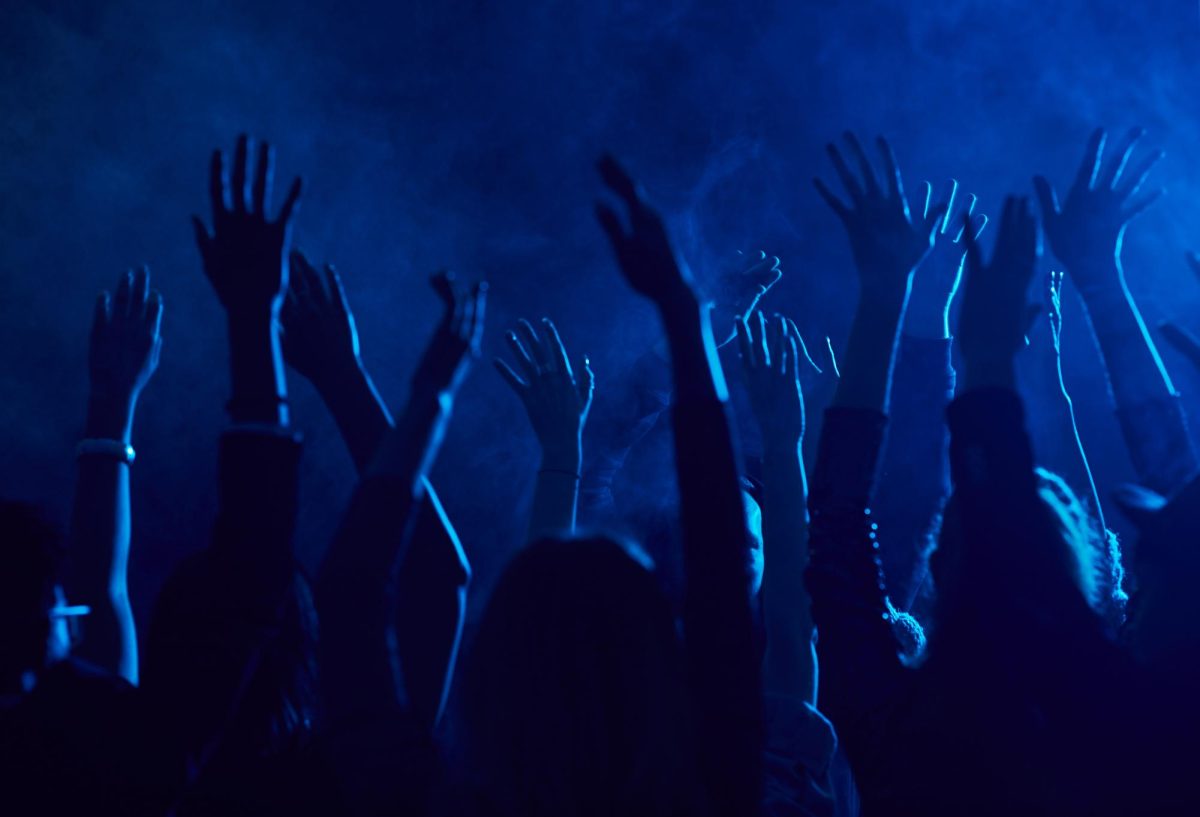
![Community honors longtime coach Mr. Bryan Thomas before Oct. 3 game [photo gallery]](https://nchsinkspot.com/wp-content/uploads/2025/10/Thomas-6-1200x1200.jpg)
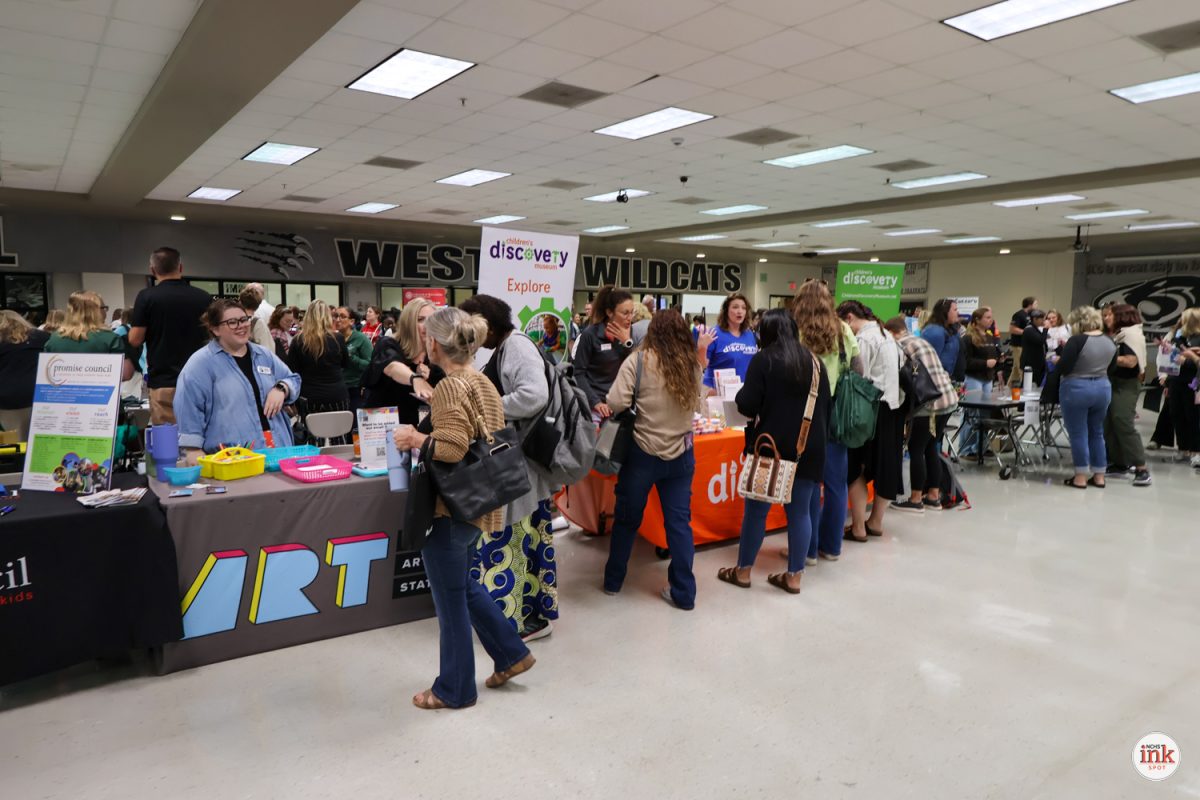
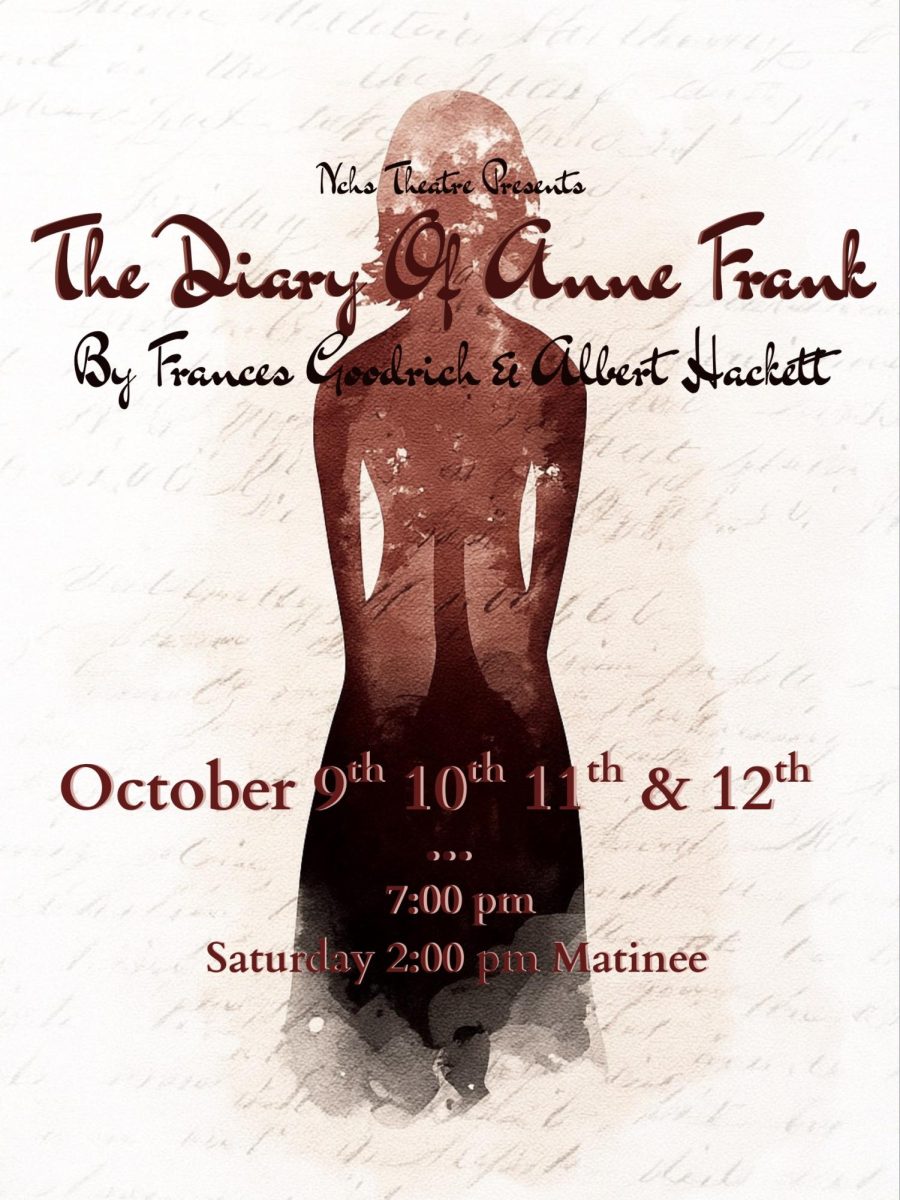
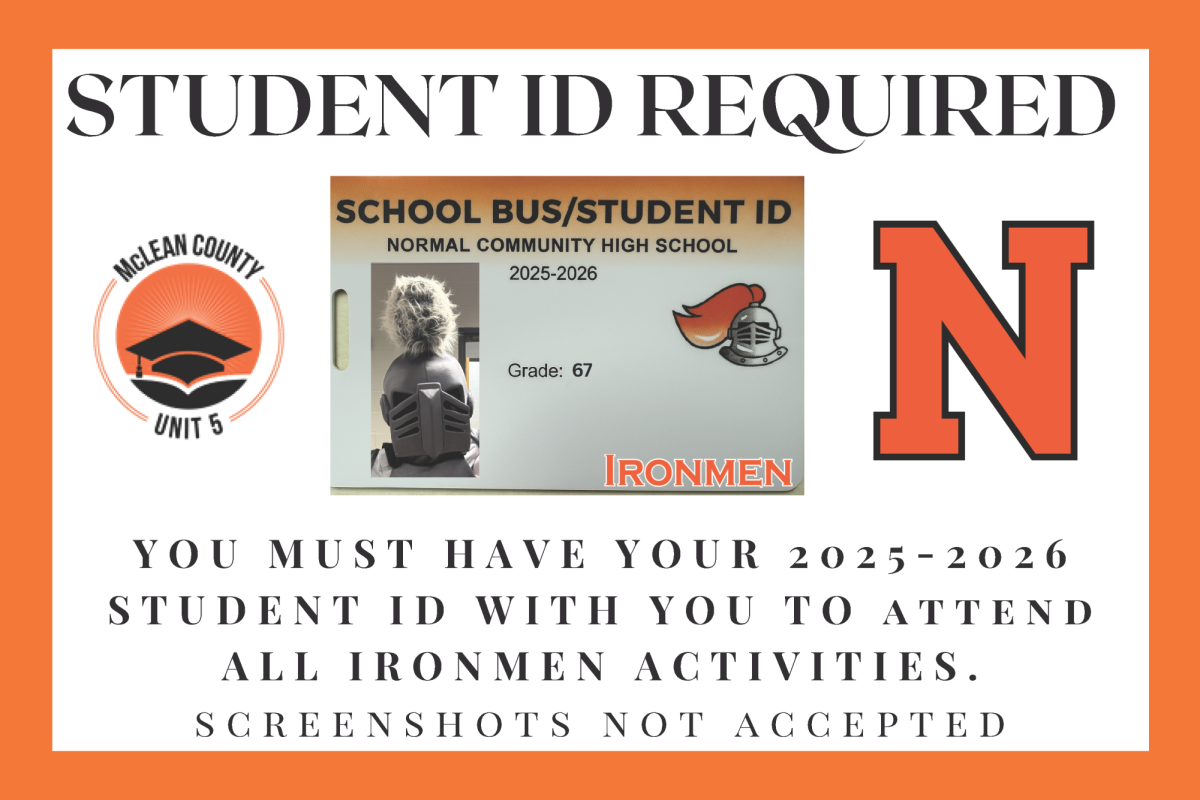




















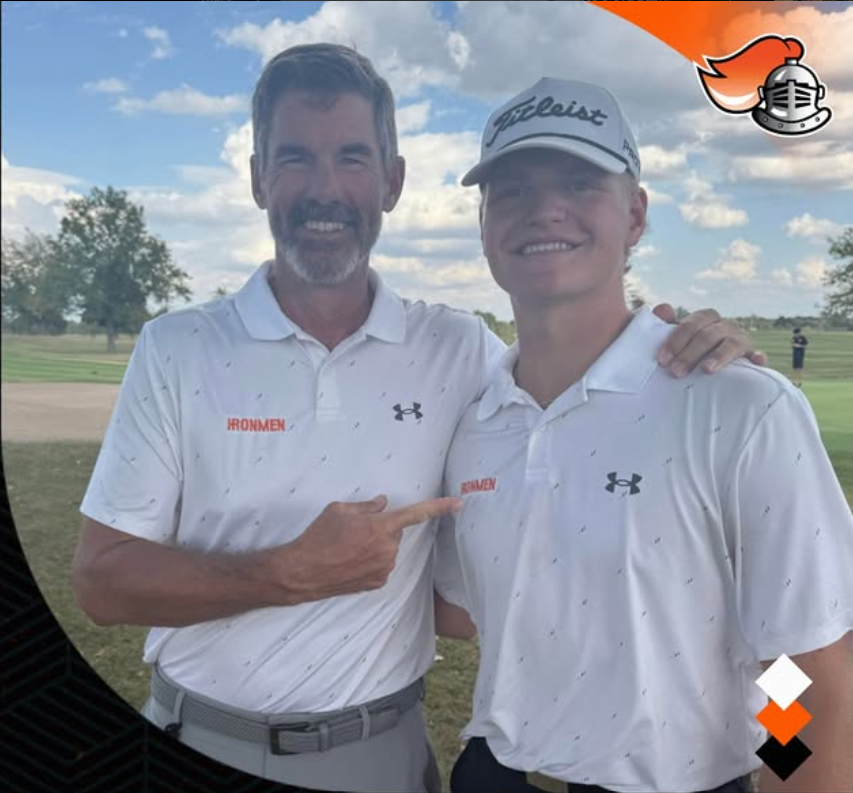
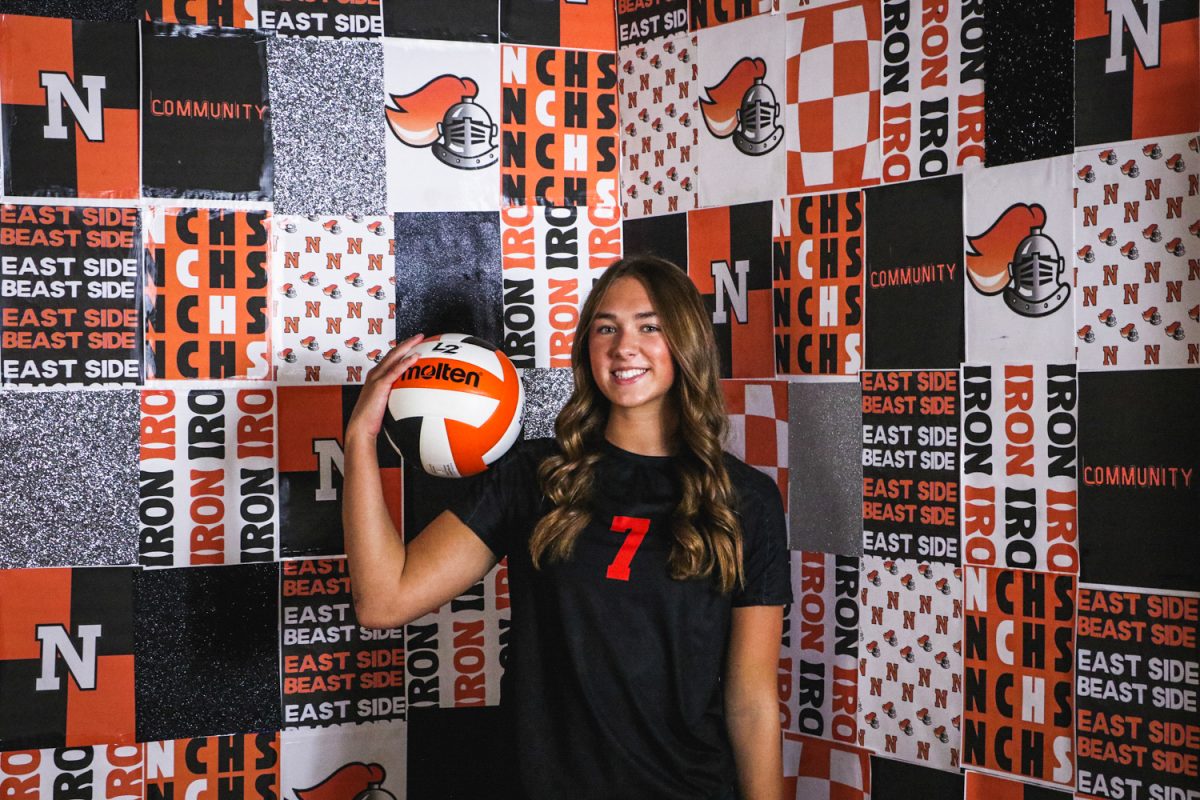
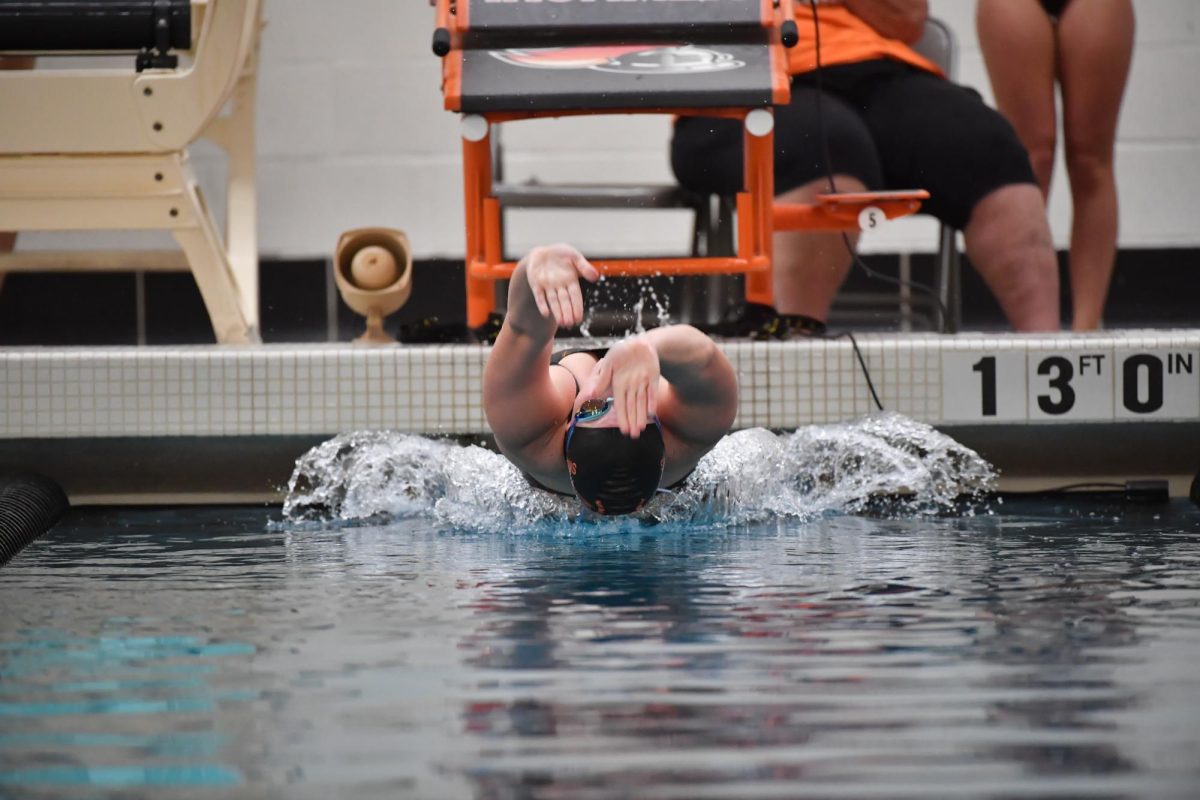
![Week 7: Coach Drengwitz recaps the Ironmen’s win over Bloomington, talks Danville [video]](https://nchsinkspot.com/wp-content/uploads/2025/10/Vikings-feature-Image-1200x675.png)
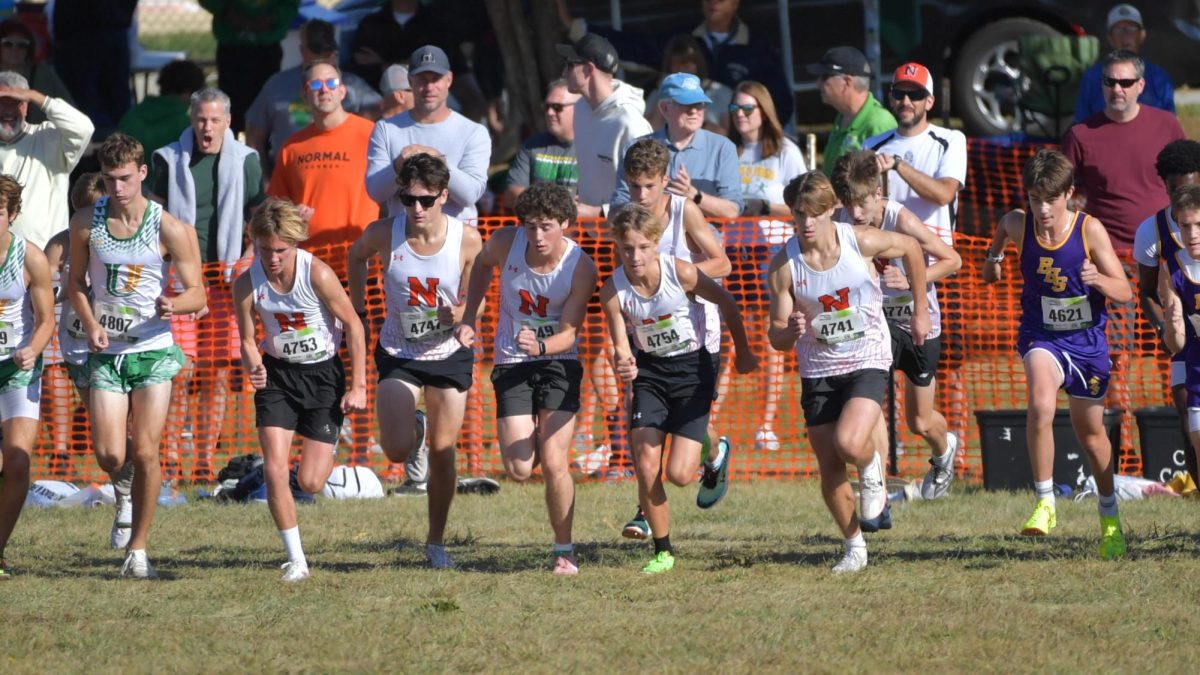





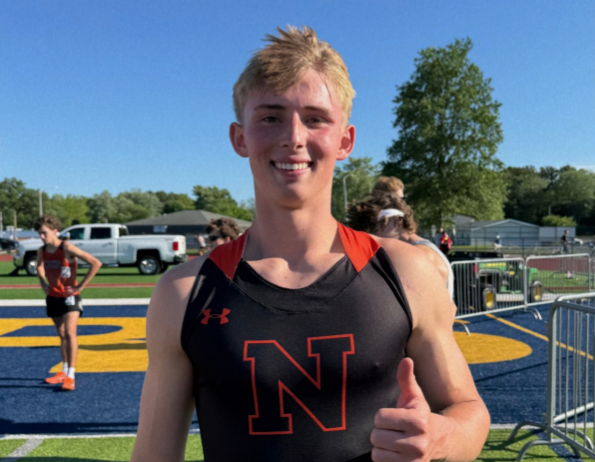
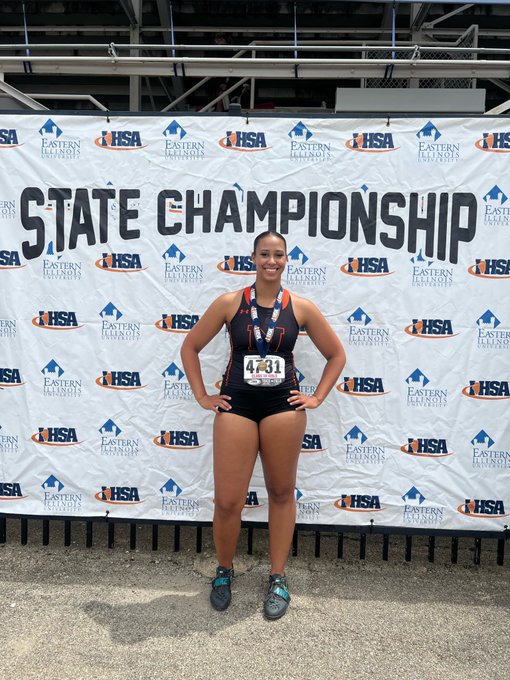
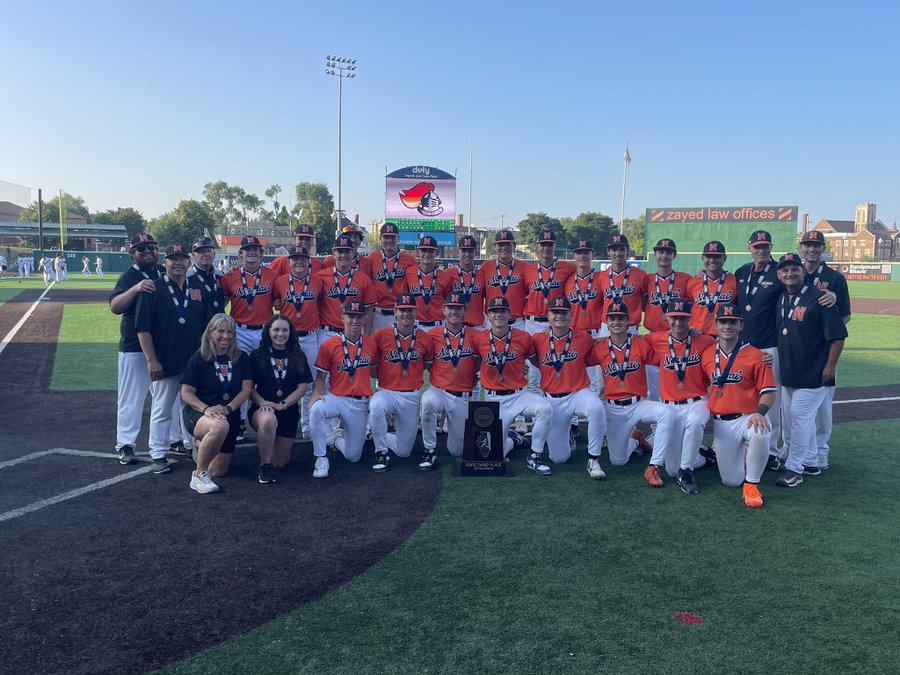








![Halloween candy cross section quiz [quiz]](https://nchsinkspot.com/wp-content/uploads/2022/10/Candy-cover-big-900x675.png)
![Average Jonah? [quiz]](https://nchsinkspot.com/wp-content/uploads/2022/05/average-jonah-900x600.png)







![[Photo Illustration]](https://nchsinkspot.com/wp-content/uploads/2025/09/trigger-words.png)










![Week 5: Coach Drengwitz previews the Ironmen’s matchup vs. Peoria Manual, recaps Week 4 [video]](https://nchsinkspot.com/wp-content/uploads/2025/09/Week-5-v-Rams-1200x675.png)





![Postgame reaction: Coach Drengwitz on Community’s 28-17 Loss to Kankakee [video]](https://nchsinkspot.com/wp-content/uploads/2025/09/Week-4-postgame--1200x675.png)
![Week 4: Coach Drengwitz previews the Ironmen’s matchup vs. Kankakee [video]](https://nchsinkspot.com/wp-content/uploads/2025/09/Ironmen-v-Kankakee-video-1200x1200.png)
![On the Spot: This or That – Halloween [video]](https://nchsinkspot.com/wp-content/uploads/2024/10/tot-Halloween-YT-1200x675.png)
![On the Spot: This or That – Fall favorites [video]](https://nchsinkspot.com/wp-content/uploads/2024/10/ots-fall-web-1200x800.png)
![On the Spot – Teachers tested on 2023’s hottest words [video]](https://nchsinkspot.com/wp-content/uploads/2024/01/On-the-Spot-Teachers-tested-1200x675.png)








